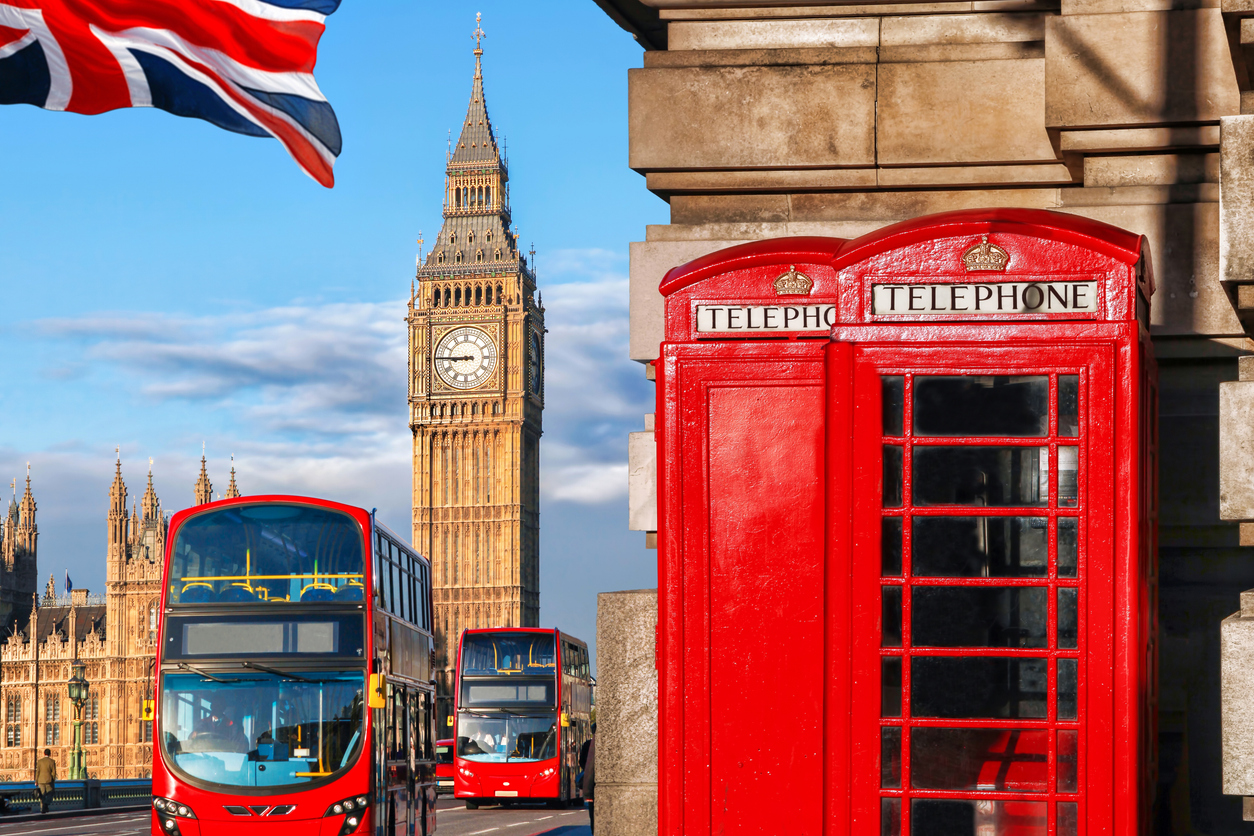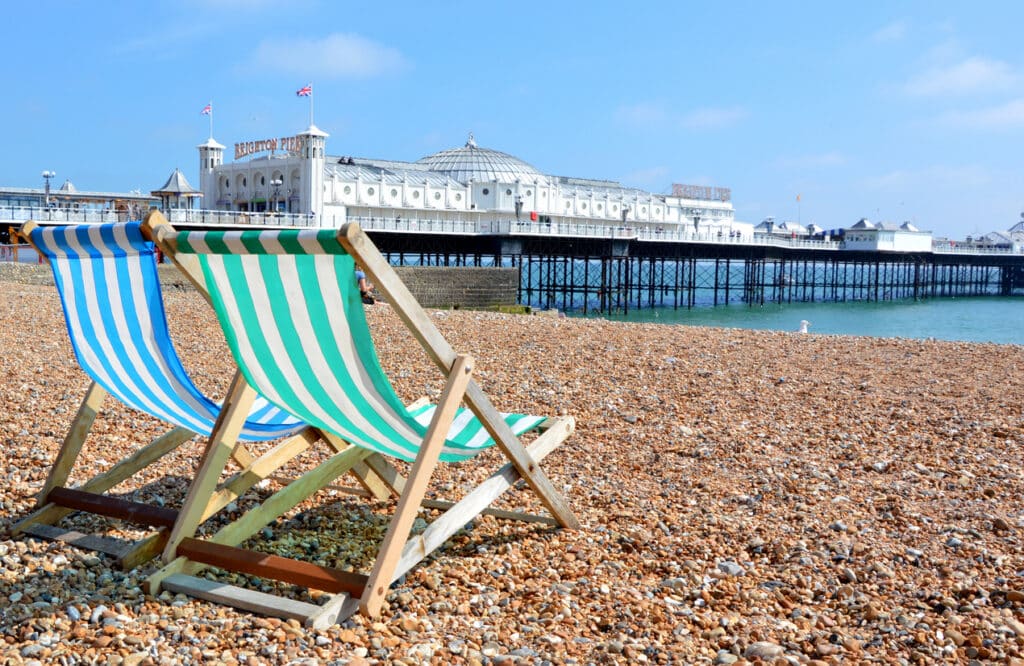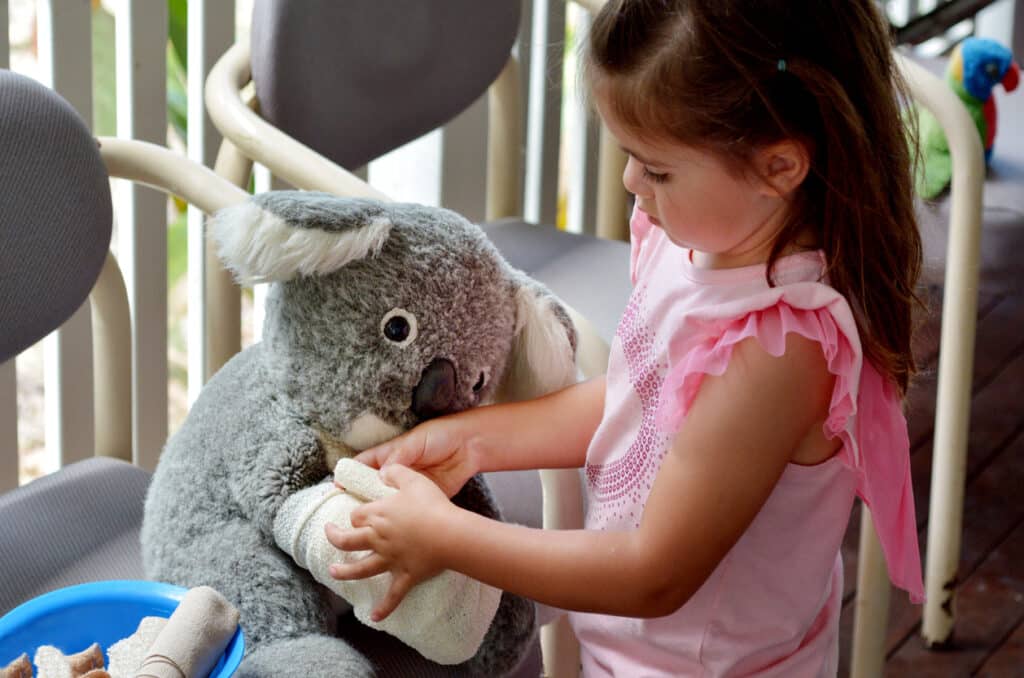Moving to the UK is an exciting adventure, but adapting to UK culture and traditions can feel overwhelming for many U.S. expats. While the U.S. and UK share a language and some history, the subtle differences in daily life, communication, and social expectations can catch even the most seasoned traveler off guard. Understanding these cultural nuances isn’t just about fitting in—it’s about feeling at home, building meaningful relationships, and thriving both personally and professionally. In this guide, we’ll walk you through the essential aspects of UK culture and traditions every American expat should know, offering practical tips and real-world examples to help you settle in with confidence.
Understanding British communication styles and politeness conventions
One of the first things U.S. expats notice about UK culture and traditions is the British approach to communication. The British are famously polite, often favoring indirectness and understatement over direct confrontation. Phrases like “I’m afraid that’s not possible” or “That might be a bit tricky” often mean a firm “no,” but are delivered with a gentle touch.
Politeness is woven into everyday interactions. Saying “please,” “thank you,” and “sorry” is not just courteous—it’s expected. Even minor inconveniences, like accidentally bumping into someone, usually prompt an immediate apology from both parties. This emphasis on manners can feel formal at first, but it’s a key part of building rapport in the UK.
💡 Pro Tip:
When in doubt, err on the side of politeness. If you need to make a request, soften it with phrases like “Would you mind…” or “Could you possibly…”
Essential social etiquette and public behavior expectations
Social etiquette in the UK is shaped by a strong sense of respect for others and a desire to avoid causing embarrassment. Loud or overly expressive behavior in public is generally frowned upon. Instead, the British value discretion and reserve, especially in unfamiliar company.
When meeting someone for the first time, a handshake is standard. Hugs or cheek kisses are typically reserved for close friends and family. Punctuality is also important—arriving late, even by a few minutes, can be seen as disrespectful.
Navigating British workplace culture and professional norms
The UK workplace has its own set of unwritten rules. Hierarchies tend to be less rigid than in some U.S. companies, but respect for authority and seniority remains important. Meetings often begin with small talk, and decisions may be made by consensus rather than top-down directives.
Workplace communication is typically understated. Criticism is delivered diplomatically, and direct confrontation is avoided. If you need to raise a concern, frame it constructively and with tact.
Pub culture, dining customs, and social drinking etiquette
Pubs are a cornerstone of UK culture and traditions, serving as social hubs for friends, colleagues, and even families. Unlike American bars, pubs are often relaxed, community-oriented spaces where conversation is as important as the drinks.
When it comes to buying drinks, the “rounds” system is common: one person buys a round for the group, and the next person takes a turn. It’s considered poor form to skip your round. Tipping in pubs is not expected, but in restaurants, a service charge may be included; if not, a 10-12.5% tip is customary for good service.
Dining etiquette is generally formal—keep your hands on the table (but not your elbows), and use utensils for most foods. Wait for everyone to be served before starting your meal, and don’t be surprised if conversation is a bit more subdued than in the U.S.
Understanding British humor, sarcasm, and conversation topics
British humor is famously dry, understated, and often laced with sarcasm or irony. What might sound like a complaint or a criticism is often just a joke. Self-deprecation is common, and poking fun at oneself (or even at friends) is a sign of affection.
When it comes to conversation, the British tend to avoid overly personal topics with new acquaintances. Safe subjects include the weather, sports (especially football), and current events. Politics and money are best left for close friends.
Queue culture, personal space, and public transport manners
If there’s one aspect of UK culture and traditions that’s legendary, it’s the art of queuing (standing in line). The British take queues seriously—cutting in line is a major faux pas. Whether you’re at a bus stop, in a shop, or waiting for a train, always join the end of the queue and wait your turn.
Personal space is respected, especially in public. On public transport, keep conversations quiet, avoid eye contact, and don’t take up more space than necessary. If you’re carrying a backpack, take it off in crowded areas to avoid bumping into others.
💡 Pro Tip:
If you accidentally bump someone or need to squeeze past, a quick “Sorry” or “Excuse me” goes a long way.
Common cultural mistakes Americans make and how to avoid them
Even the most well-intentioned expats can stumble over UK culture and traditions. Here are a few common pitfalls—and how to sidestep them:
- Being too direct: Americans are often more forthright than the British. Try to soften requests and feedback.
- Ignoring the queue: Always look for a line and join it, even if it’s informal.
- Over-sharing: Avoid discussing personal finances, politics, or religion with new acquaintances.
- Assuming similarity: Just because you speak the same language doesn’t mean customs are the same. Observe and adapt.
- Forgetting to say “please” and “thank you”: These small courtesies are essential in every interaction.
Ready to thrive in the UK? Get expert tax help today
Moving abroad is about more than just adapting to new customs—it’s also about navigating practical challenges, like your U.S. expat taxes. At Bright!Tax, we understand the unique needs of Americans living in the UK. Our expert team is here to guide you through every step, so you can focus on embracing UK culture and traditions with confidence.
Frequently Asked Questions
-
What are the most important aspects of UK culture and traditions for U.S. expats to know?
The most important aspects include British politeness, indirect communication, queuing etiquette, pub culture, and respect for personal space. Understanding these will help you integrate smoothly.
-
How do British workplace norms differ from those in the U.S.?
UK workplaces tend to be less hierarchical, with more emphasis on consensus and diplomacy. Direct confrontation is avoided, and humor is often used to ease tension.
-
Is it true that the British are obsessed with queuing?
Yes, queuing is a deeply ingrained part of UK culture and traditions. Always join the end of the line and wait your turn.
-
What should I avoid discussing with new British acquaintances?
Avoid personal topics like finances, politics, and religion until you know someone well. Stick to neutral subjects like the weather or sports.
-
How can I avoid common cultural mistakes as a U.S. expat in the UK?
Be observant, polite, and open to learning. Soften your communication, respect queues, and remember to use “please” and “thank you” often.

 Connect on LinkedIn
Connect on LinkedIn

